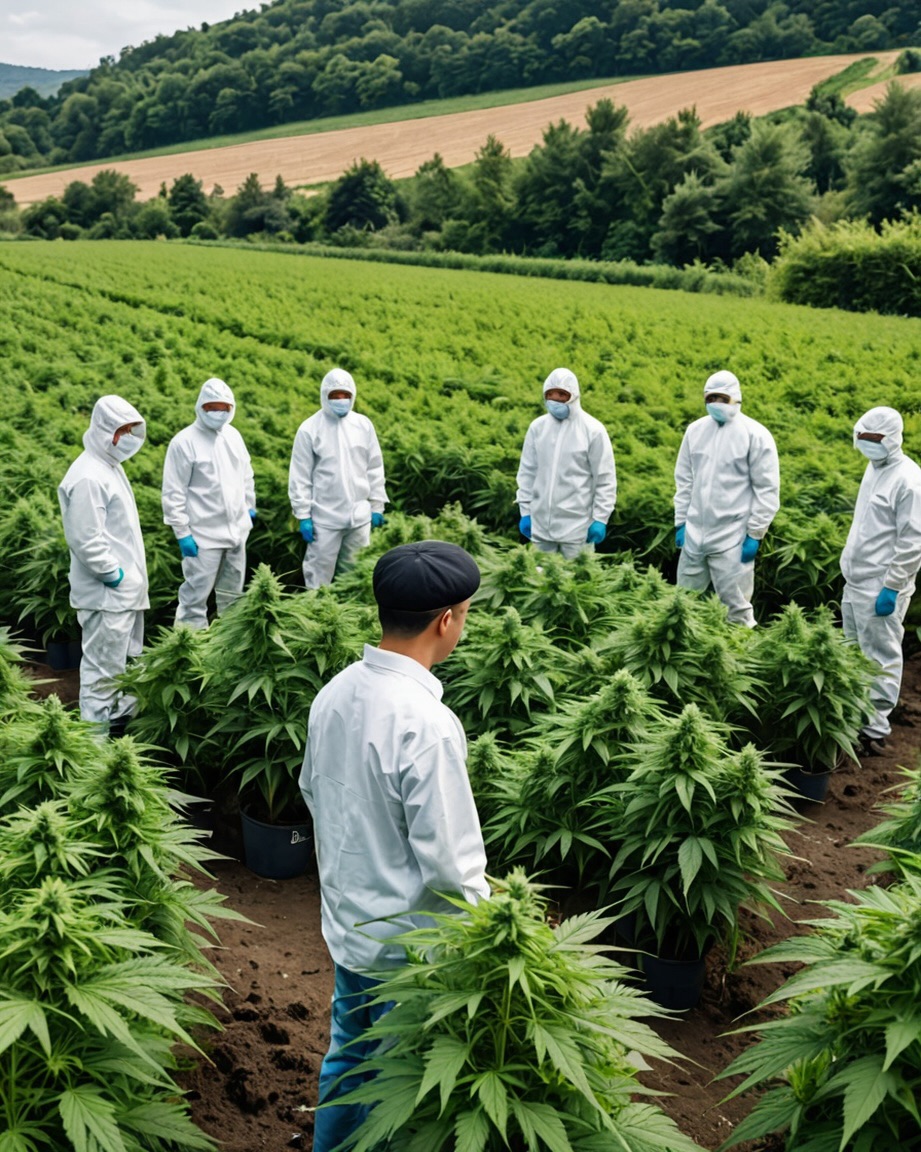Citizen Action in the Face of Compromised Law Enforcement
Given the disturbing infiltration of cartels into the legal cannabis market, particularly in rural areas where law enforcement is often underfunded, shorthanded, or even compromised, it’s essential to explore what ordinary citizens can do to protect their communities and demand accountability. The challenge is immense, but history shows that citizen action can be a powerful force for change.
Organizing Community-Based Oversight and Advocacy
One of the most effective ways for citizens to combat cartel influence and law enforcement corruption is through grassroots organizing. Community-based oversight groups can play a critical role in monitoring local cannabis operations, advocating for stricter regulations, and holding local officials accountable. By forming coalitions that include farmers, local businesses, and concerned residents, these groups can create a network of oversight that operates independently of potentially compromised local authorities.
Furthermore, citizens can advocate for better funding and support for rural law enforcement. Pressuring state and federal governments to allocate resources for training, equipment, and staffing can help ensure that local law enforcement agencies are better equipped to resist cartel influence and protect their communities.
Leveraging Media and Public Awareness
Raising public awareness through traditional and social media is another vital strategy. By documenting and sharing instances of cartel activities and law enforcement corruption, citizens can bring much-needed attention to the issue. The power of public scrutiny should not be underestimated—shining a light on these problems can lead to greater political pressure for change.
Political Action and Advocacy
There’s also a critical need for political advocacy. Voting for politicians who prioritize anti-corruption measures, support robust regulation of the cannabis industry, and advocate for community safety is vital. Citizens can demand transparency and accountability from their elected officials, asking hard questions about their ties to the cannabis industry and their plans to combat cartel influence.
The Question of Political Complicity
The possibility of political complicity at higher levels is a deeply concerning issue. Historically, there have been allegations of ties between high-ranking politicians and criminal organizations, raising the specter of deliberate inaction or even active collusion. It is essential for voters and activists to remain vigilant and to push for investigations into any potential conflicts of interest or corrupt practices.
While direct evidence of current high-level collusion with cartels may be scarce or hard to prove, history provides some context for why such concerns are not unfounded.
The CIA’s Historical Involvement in Drug Smuggling
To understand the gravity of these concerns, one need only look at the history of the CIA’s involvement in drug smuggling as part of covert operations. During the 1980s, there were well-documented instances where the CIA facilitated or turned a blind eye to drug trafficking in support of their geopolitical goals. The most notorious example of this was the Iran-Contra Affair, where funds from covert arms sales were funneled to support the Contras in Nicaragua, with allegations that some of these funds were supplemented by cocaine trafficking into the United States .
Moreover, investigative journalists like Gary Webb, in his series “Dark Alliance,” revealed how CIA-backed groups involved in the Nicaraguan conflict were complicit in the cocaine trade, which ultimately fueled the crack epidemic in the U.S. urban centers during the 1980s . While the full extent of the CIA’s involvement remains a matter of debate, declassified documents and public admissions from government officials confirm a level of complicity that has left a legacy of distrust toward governmental institutions.
Moving Forward: A Call for Vigilance and Action
Given this historical context, it’s not unreasonable to question whether similar dynamics could be at play in the modern cannabis industry. Are some politicians or law enforcement agencies turning a blind eye to cartel activities for political or financial gain? While these questions are difficult to answer definitively without further investigation, they underscore the importance of vigilance, transparency, and accountability.
Ordinary citizens can play a critical role by staying informed, demanding transparency, organizing at the grassroots level, and holding their leaders accountable. The fight against cartel influence and corruption in the cannabis industry is not just a law enforcement issue—it’s a community-wide effort that requires the involvement of every concerned citizen. By working together, we can push back against these malign influences and help create a safer, fairer, and more just society.
